Machine-tool market to reach US$ 245 billion in 2032
The machine-tool manufacturing industry is facing a transformative decade and as manufacturers’ needs are more digitally focused, machine-tool builders must evolve their products to meet changing market requirements. According to global technology intelligence firm ABI Research, the machine tool market will grow by a CAGR of 4.3% from 2022 to 2032 and reach US$ 245.2 billion in manufacturing value added.
“This is driven by new product design facilitating the need for new machine tools, old equipment reaching the end of its lifecycle and requiring replacement, and new machine tool solutions being provided and incentivising upgrades,” explained James Prestwood, Industrial and Manufacturing Research Analyst, ABI Research.
“The overriding challenge for machine-tool builders is the split attitude about digital transformation within the industry, with a climate of complacency being propagated by machine tool builders, particularly within the United States, who (due to their long histories with customers) have taken a reserved approach to innovation,” added the analyst.
Machine-tool manufacturers now realize that more than simply providing the hardware is needed to remain competitive, it pointed out.
“Further challenges simmer under the surface with manufacturers struggling to manage legacy equipment lifecycles and overcome uncertainty around cloud usage on the factory floor, whereas machine tool builders have to contend with redesigning their go-to-market structure away from being product-oriented to a new solution-focused design,” highlighted Prestwood.
Digital transformation in the machine tool industry is manifesting in three mains ways: improved data coherence and availability for digital twin enablement; software integration and support for Industrial Internet of Things (IIoT) use cases - including Overall Equipment Effectiveness (OEE) optimisation - and faster time-to-value by providing turnkey solutions that scale up or down, based on demand.
“To keep driving digital transformation to machine tools in production processes, machine builders should be adopting solution-based business models. Technology vendors must also act as the technical bridge between the old and new forms of manufacturing and manufacturers should invest in new machines and work with vendors championing open and connected ecosystems,” Prestwood recommended.
These findings are from ABI Research’s ‘Digital Transformation in the Metalworking and Machine Tool Industry’ technology analysis report.


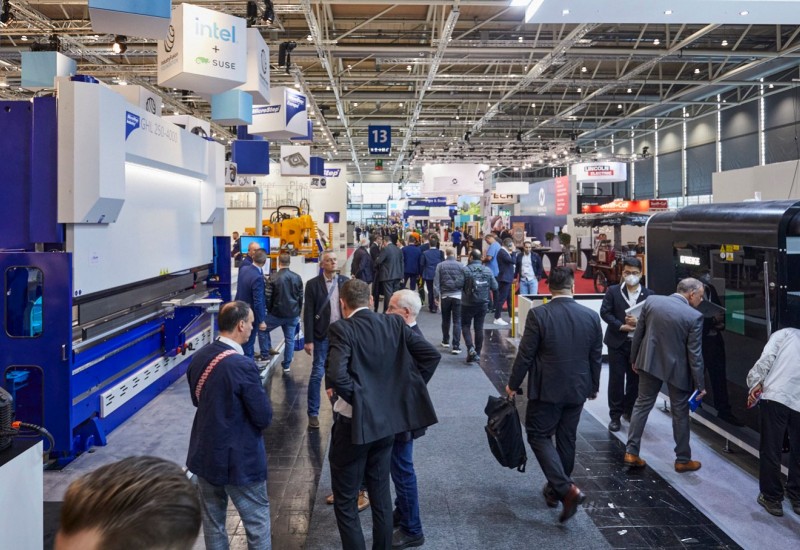


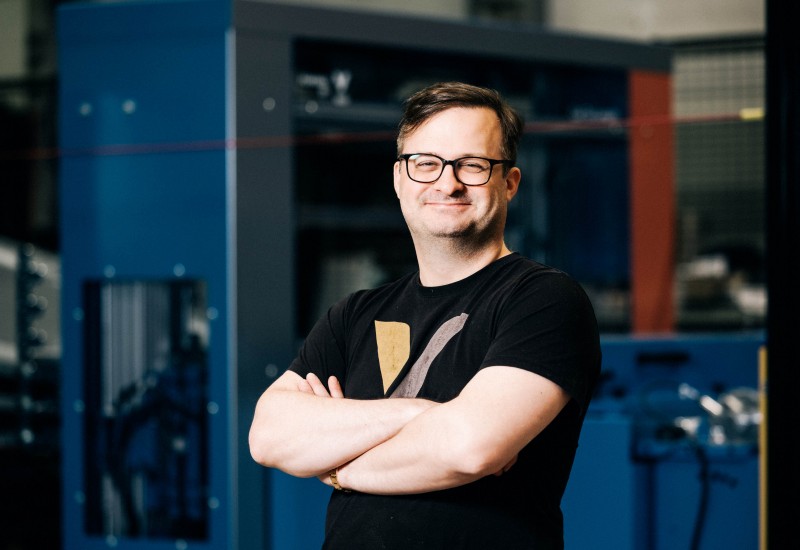





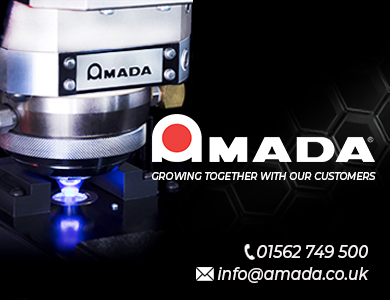








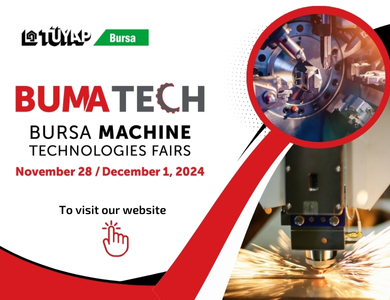


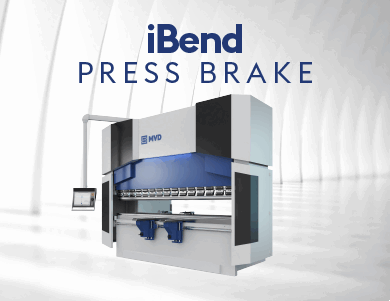






Recent comments